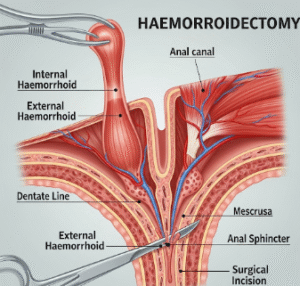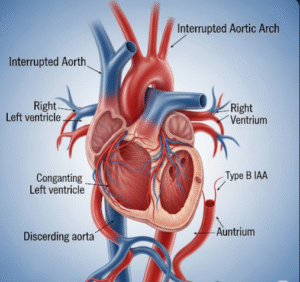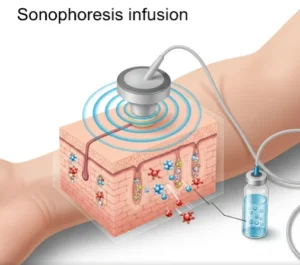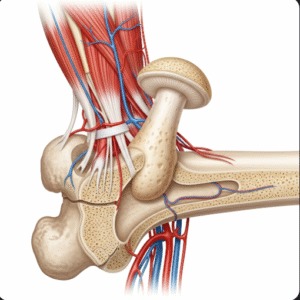Overview
Favism is a genetic disorder characterized by hemolytic anemia triggered by the ingestion of fava beans or exposure to certain oxidant drugs. While rare, it is an important consideration in Korea for individuals with glucose-6-phosphate dehydrogenase (G6PD) deficiency, which can lead to sudden hemolysis if exposed to triggers. Early recognition and dietary management are crucial to prevent complications.
What is Favism?
Favism occurs in individuals with G6PD deficiency, an X-linked genetic condition affecting red blood cells. When exposed to triggers like fava beans, certain medications, or infections, red blood cells break down rapidly, leading to hemolytic anemia. It predominantly affects males, though females can be carriers and sometimes show mild symptoms.
Symptoms
- Sudden onset of paleness or jaundice
- Fatigue or weakness
- Rapid heartbeat (tachycardia)
- Dark-colored urine due to hemoglobinuria
- Shortness of breath
- Fever in some cases
- Abdominal pain and back pain
Causes
- Ingestion of fava beans
- Certain medications (e.g., sulfa drugs, antimalarials)
- Infections that induce oxidative stress
- Genetic deficiency of G6PD enzyme, which protects red blood cells from oxidative damage
Risk Factors
- Male gender (X-linked inheritance)
- Family history of G6PD deficiency
- Origin from populations with higher prevalence of G6PD mutations
- Exposure to known triggers (fava beans, certain drugs, or infections)
Complications
- Severe hemolytic anemia
- Jaundice and hyperbilirubinemia
- Kidney failure in extreme hemolysis
- Increased risk of infections due to anemia
- Potential cardiovascular stress in severe episodes
Prevention
- Avoid fava beans and other known triggers
- Inform healthcare providers of G6PD deficiency before prescribing medications
- Early detection through genetic testing
- Regular monitoring of hemoglobin and bilirubin levels
Treatment Options in Korea
Diagnosis
- Blood tests showing hemolytic anemia (low hemoglobin, elevated reticulocytes)
- G6PD enzyme assay to confirm deficiency
- Urinalysis for hemoglobinuria
- Genetic testing for definitive diagnosis
Medical Treatments
- Immediate cessation of the trigger (food, drugs, or infection)
- Supportive care with hydration and rest
- Blood transfusions in severe anemia
- Management of underlying infections if present
Surgical or Advanced Therapies
- Usually not required; treatment is mostly preventive and supportive
- In rare severe cases, exchange transfusion may be considered
Rehabilitation and Support
- Patient and family education on trigger avoidance
- Regular follow-up with hematology specialists
- Nutritional guidance to maintain general health













